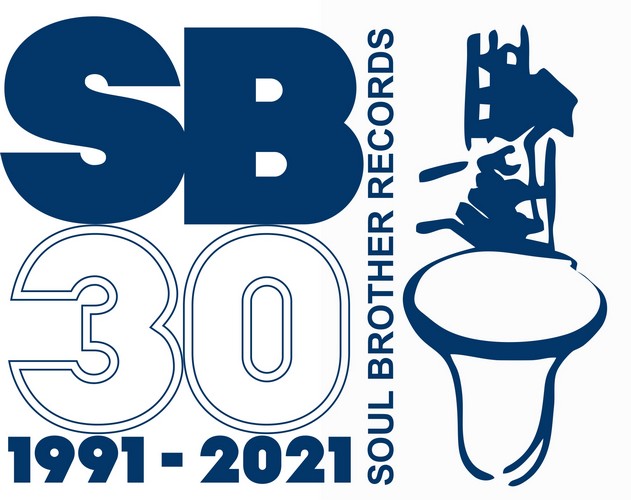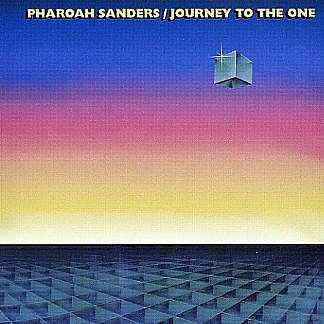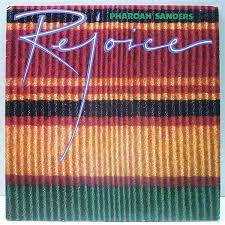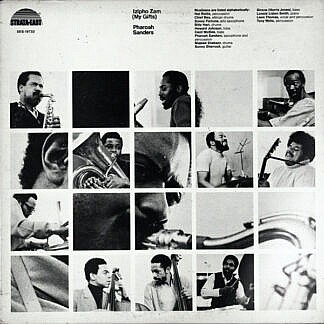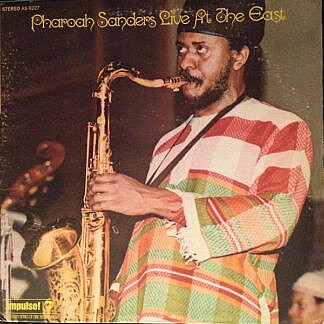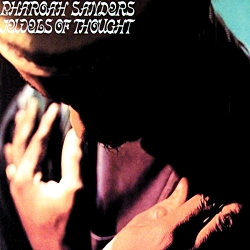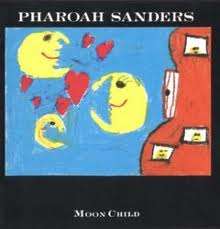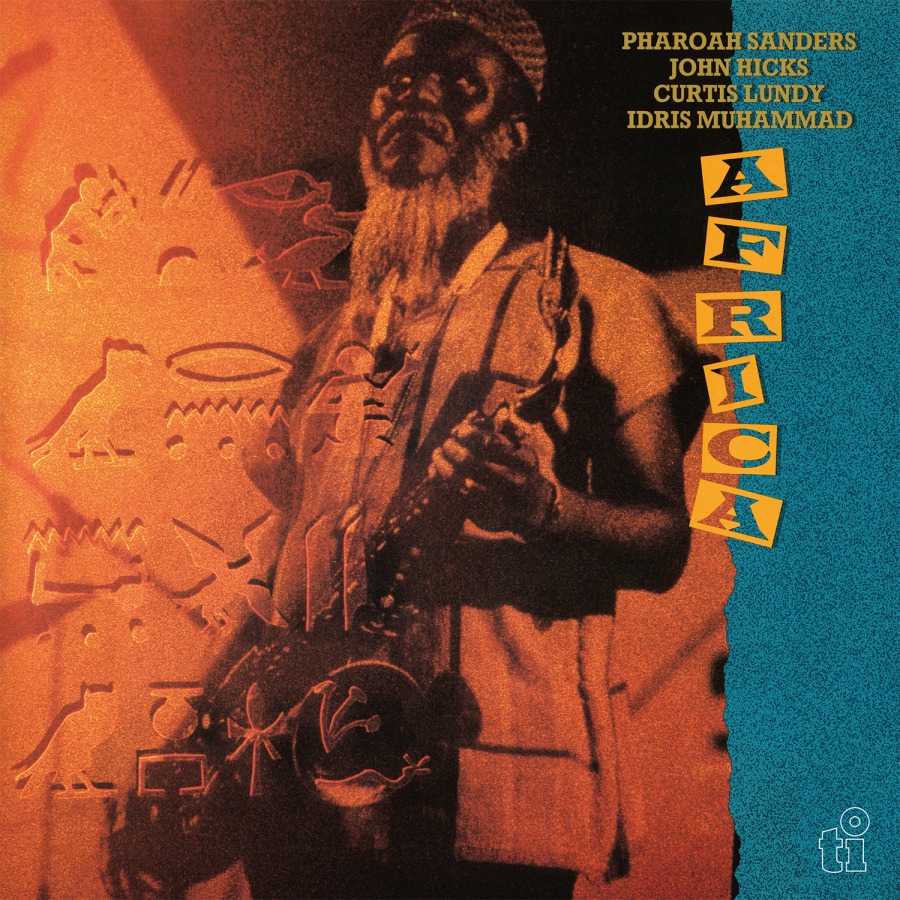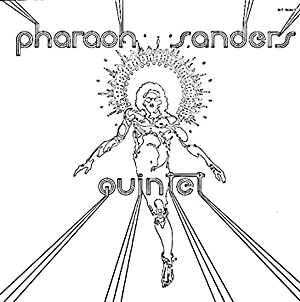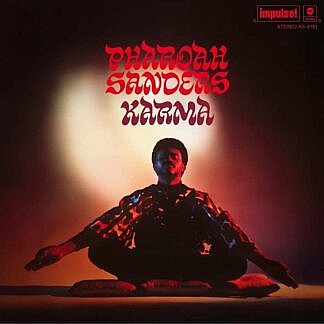PHAROAH SANDERS RIP – GENTLE GENIUS, SAXOPHONIST EXTRAORDINAIRE
 Epitaphs such as ‘legend’, ‘unique’ and ‘genius’ are banded about in the music industry way too often but are understatements if not totally inadequate in respect of tenor saxophonist Pharoah Sanders. As his music bears ample testament. Soul Brother Records are deeply saddened to learn of the passing of Pharoah Sanders on Saturday 24th September; he was 81.
Epitaphs such as ‘legend’, ‘unique’ and ‘genius’ are banded about in the music industry way too often but are understatements if not totally inadequate in respect of tenor saxophonist Pharoah Sanders. As his music bears ample testament. Soul Brother Records are deeply saddened to learn of the passing of Pharoah Sanders on Saturday 24th September; he was 81.
Pharoah was born Ferrell Sanders on 13th October 1940 in Little Rock, Arkansas. He began his musical career in church on clarinet, but switched to tenor saxophone when he was at Scipio Jones High School in North Little Rock, where his band director introduced him to Jazz, though his first professional engagements were with touring R&B/ Blues artists like Bobby ‘Blue’ Bland and Junior Parker’.
After finishing high school in 1959, Sanders moved to Oakland, California, where he acquired the nickname ‘Little Rock’ after his place of birth. There he played with Sonny Simmons, Dewey Redman and Ed Kelly amongst others. He also met John Coltrane for the first time whilst studying art and music at Oakland Junior College.
In 1961, Sanders moved to New York where he immersed himself in the avant-garde Jazz scene. He was befriended by Sun Ra and when (often) homeless stayed with him. It was Sun Ra who encouraged the young saxophonist to use the title, Pharoah. Sanders began his recording career with trumpeter Don Cherry and then with Sun Ra before reconnecting with John Coltrane. He released his debut album, ‘Pharoah’ (also called ‘Pharoah’s First’ and ‘Pharoah Sanders Quintet’) for the independent ESP-Disk label in 1965.
His first recording with Coltrane was on the latter’s avant-garde epic ‘Ascension’. Sanders played lengthy, harmonically challenging solos that influenced ‘Trane’s own playing. The rawness, harmonically challenging and at times furious playing style imbued him with a uniqueness that would remain a core, though not the only part of his musical persona. His trademark squawking was a perfect fit for the ‘Free Jazz’ of the period, though he, like Coltrane, was capable of great beauty and tenderness especially when interpreting ballads.
Sanders signed for Impulse! Records and released his first album for the label ‘Tauhid’ in 1967. The elongated ‘Upper And Lower Egypt’ includes a seven-minute segment that predicates seventies Jazz Funk and is ahead of its time. Whilst at Impulse! he also played with John Coltrane’s widow Alice following ‘Trane’s death in 1967.
But it was his own recordings for Impulse! and one for Strata East over the next six years that would establish his legendary status. His extraordinary output formed the bedrock for what subsequently became known as Spiritual Jazz; it literally took both musicians and listeners to a higher plane. His ‘Karma’ set is a particular classic and features vocalist Leon Thomas on the sublime ‘The Creator Has A Masterplan’. Thomas also featured on ‘Prince Of Peace’, first recorded in early 1969 for Sanders’ ‘Izipho Zam’ set for Strata East (though not released until 1973), whilst a lengthier version was also included on Sanders’ ‘Jewels Of Thought’ under the title ‘Hum-Allah, Hum-Allah, Hum Allah’ that had been recorded and then released later in ‘69.
Albums such as ‘Love In Us All’, ‘Elevation’ and the more accessible ‘Thembi’ cemented his standing as a master of his craft. The latter features the serenely beautiful ‘Astral Travelling’, written by Lonnie Liston Smith, then the group’s pianist. Sanders continued to push boundaries, for example, ‘Black Unity’ consisted of one track lasting thirty-seven minutes that traversed a multitude of musical styles including Latin, African and Jazz and bordered on the symphonic.
‘Love Will Find A Way’, released on Arista Records in 1977, was produced by Sanders ex-sideman Norman Connors and was a rare excursion into commercial Jazz Funk. Alongside the haunting title track, it featured vocalist Phyllis Hyman on several Soul orientated tunes.
In 1980, Sanders joined independent Jazz label, Theresa Records where he recorded six albums including the double set ‘Journey The One’. It featured the immortal ‘You’ve Got To Have A Freedom’ on which Sanders excels with solos of depth and beauty. Pharoah’s Theresa albums displayed a lighter touch with several pieces standing out including the title tunes from ‘Rejoice’ and ‘Heart Is A Melody (Of Time)’.
Sanders continued to record throughout the nineties. His collaboration with Bill Laswell on his ‘Message From Home’ (1996) set being the highlight from this era. Pharoah continued to gig regularly in Europe, where his legendary status ensured a warm welcome. His last major recording was a collaborative effort with Sam Shepherd’s Floating Points entitled ‘Promises’ that featured the London Symphony Orchestra in 2019 – 2020.
In Pharoah Sanders, we have lost a rare and original talent, whose music will forever glow and has inspired generations of musicians such as Kamasi Washington. I never had the pleasure of meeting Pharoah, yet those that did, describe a man of immense humility and karma. On Saturday my good friend, and Soul Brother customer Herman Cobham, related a story from the late eighties when he was an aspiring saxophonist himself and met Pharoah after a performance at Ronnie Scott’s. The legendary saxophonist took the time to write out the chord changes to ‘You’ve Got To Have Freedom’ for Herman’s benefit, somebody he did not know and had only just met!
Pharoah will be sorely missed, and his legacy will live forever. Thank you, Pharoah – Rest In Peace.
Malcolm Prangell.
